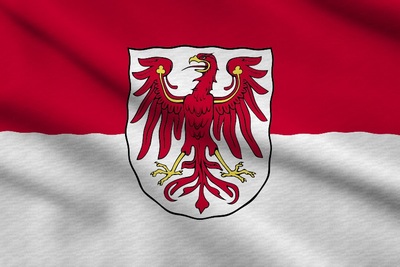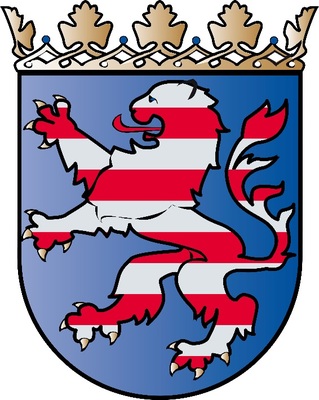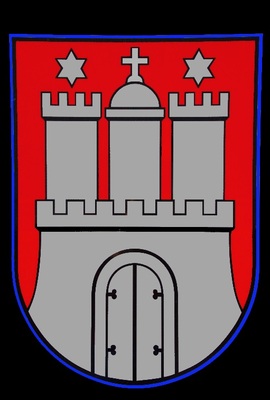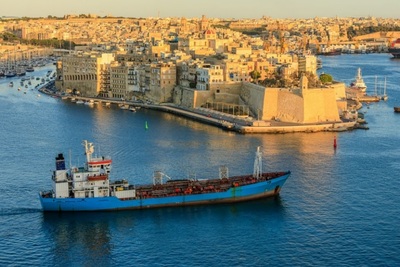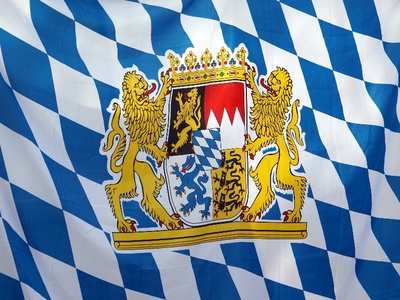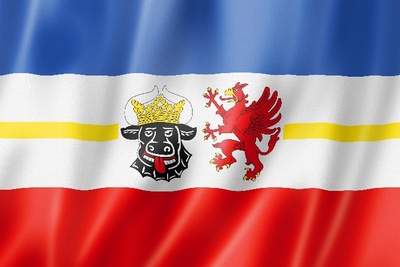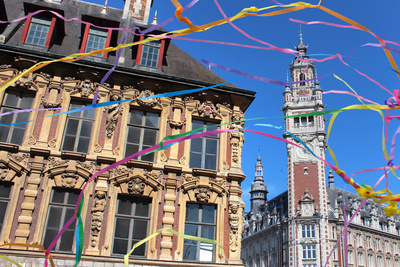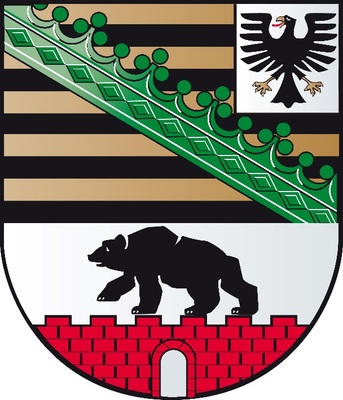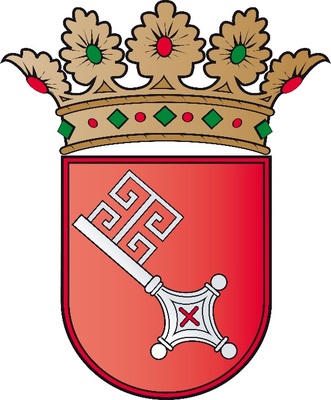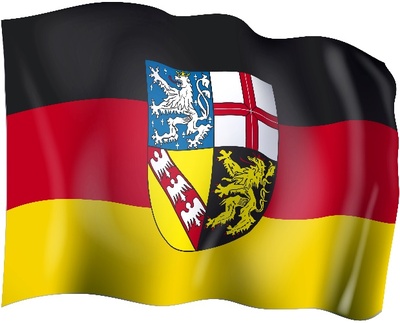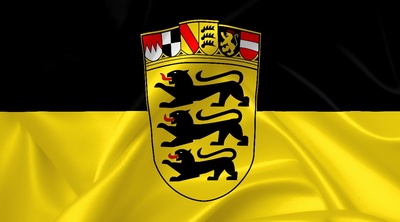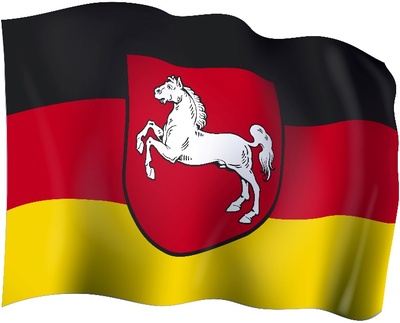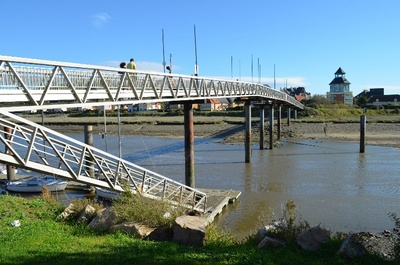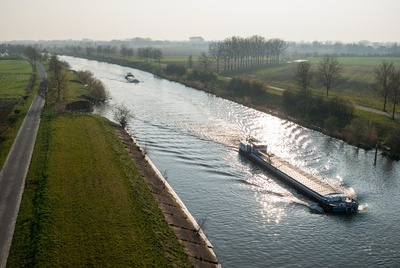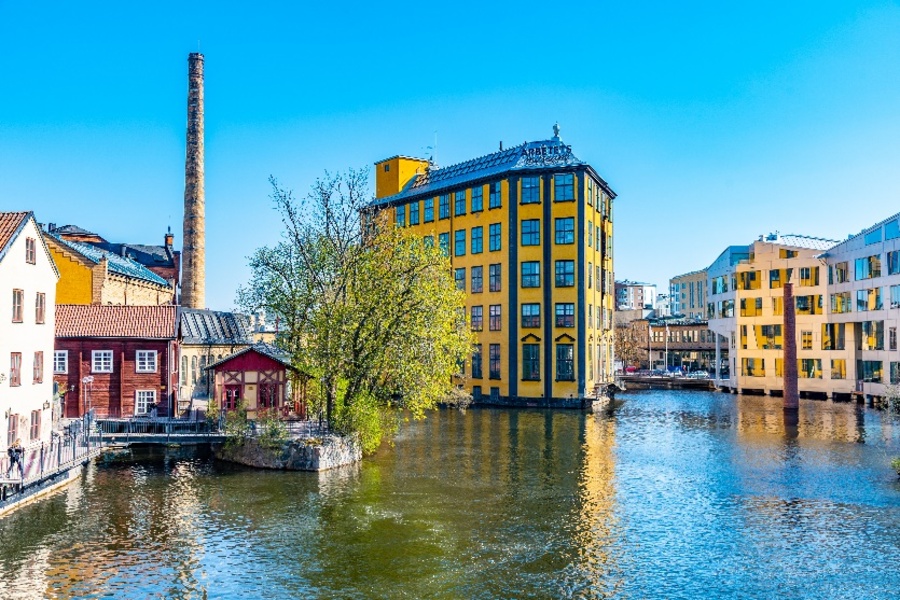
Östergötland County, Sweden
- Add to favouritesÖstergötland County
- Download

Östergötland is Sweden’s fourth largest county. In the 17th century, Norrköping was one of Sweden’s main industrial cities. The Göta Canal – a major feat of engineering – was built in the 19th century. Today, the capital of Östergötland County is Linköping, a university town with around 27,000 students. Boasting 162 nature reserves, the county is rich in biodiversity, and with over 6,000 islands, the Östergötland archipelago has more than any other in the Baltic.
Examples of projects and initiatives supported by the EU
BIP, VTA and cooperation to strengthen skills
The BIP project, VTA and the collaborative effort aim to strengthen the skills of employees, participants and decision-makers at Samordningsförbunden (coordination bodies), its members and collaborative partners, and to conduct pilot tests for Välfärdsguidens (The Welfare Guide) AI – Pathway Generator. Samordningsförbunden seeks to promote social sustainability, an inclusive labour market, and more efficient use of resources in the public sector.
ZEHTC - energy systems
The ZEHTC project is building a demonstration plant to show how hydrogen and gas turbines, renewable energy production and energy storage interact in a future flexible and sustainable energy system. Excess electricity from factory tests and electricity from solar cells will be used to produce hydrogen in an electrolyser, and then the hydrogen will be used to fuel gas turbines.
Life Bridging the Gap - Enhance biodiversity in oak forests
The Life Bridging the Gap project works to enhance the value of 30 important oak forests. Oak trees that are not allowed to grow freely live for a shorter time than oak trees that are left open. In many areas, certain generations of oak trees are also missing, and in these areas the ageing of medium-sized oak trees should be accelerated and dead wood should be artificially created, helping, for example, beetles to survive.
Fossil free transports for the 2030 target
Fossilfritt 2030 aims to gear up and facilitate the transition to fossil-free transport so that the 2030 target for the transport sector can be met. This mobilisation initiative consists of four collaborative projects, bringing together six county councils, six regions and some forty local authorities.
- Further information
Swedish Agency for Economic and Regional Growth, https://tillvaxtverket.se/english.html
European Parliament Office in Sweden, http://www.europarl.europa.eu/sweden
EPRS | European Parliamentary Research Service, http://www.epthinktank.eu/

















































